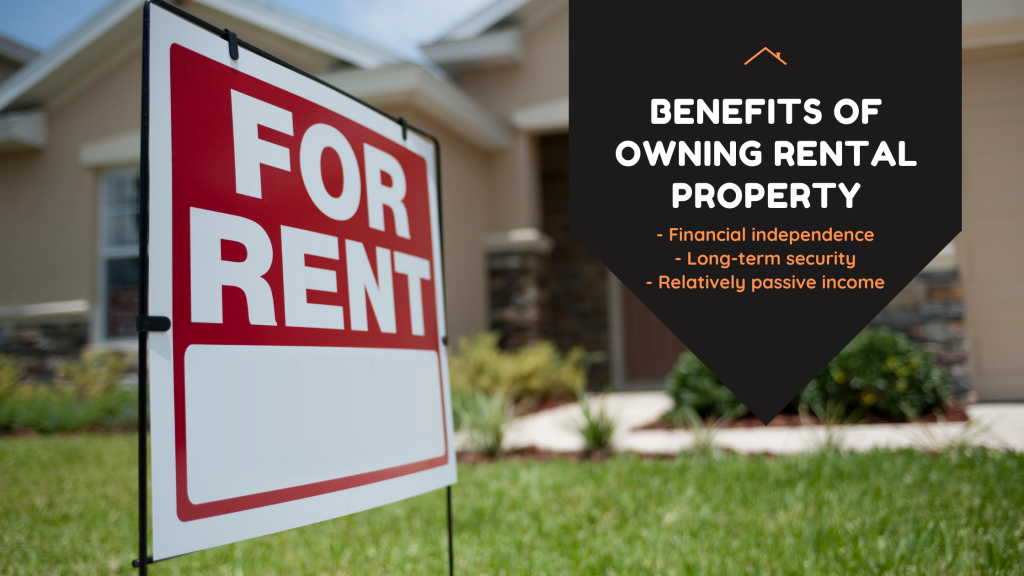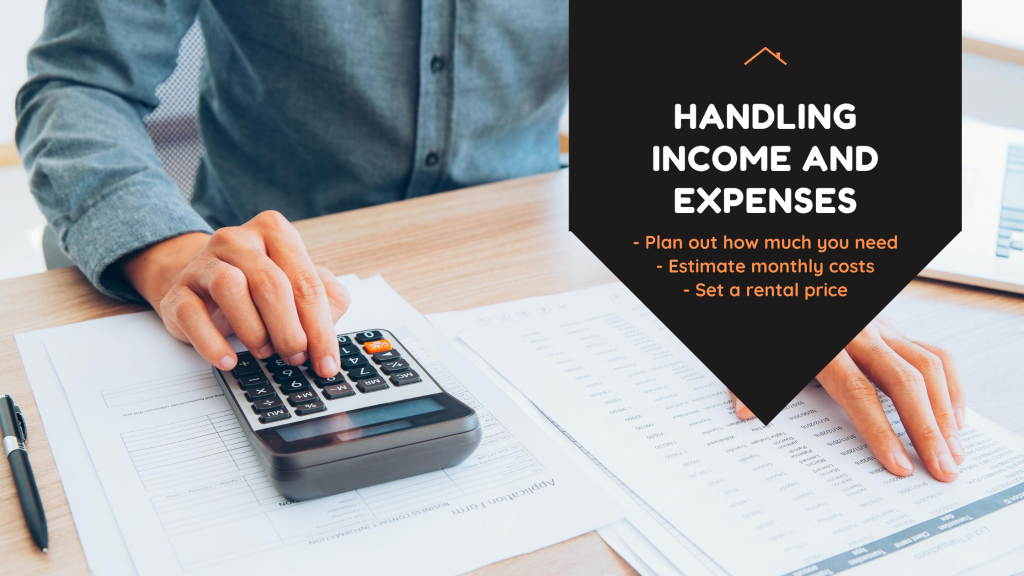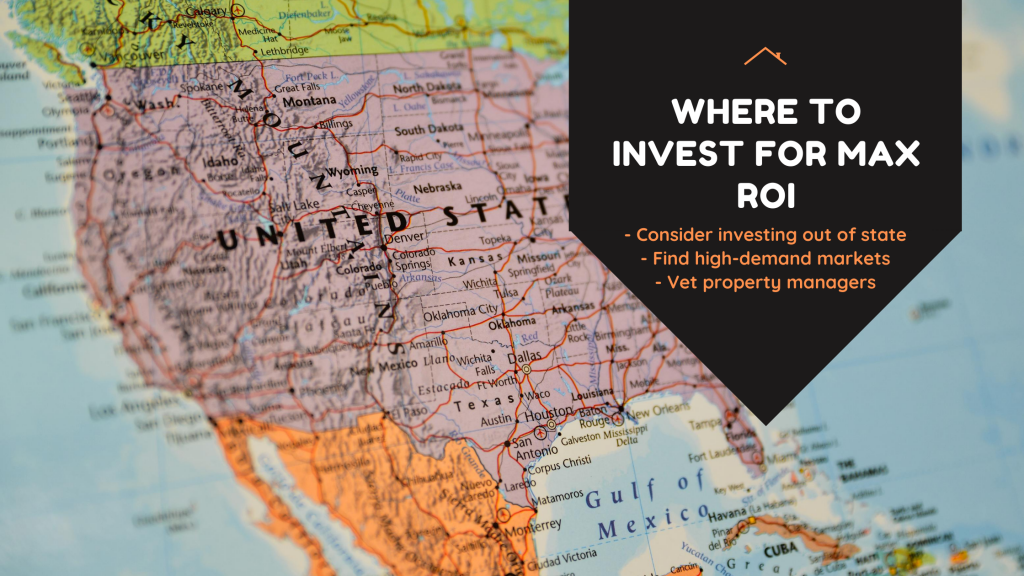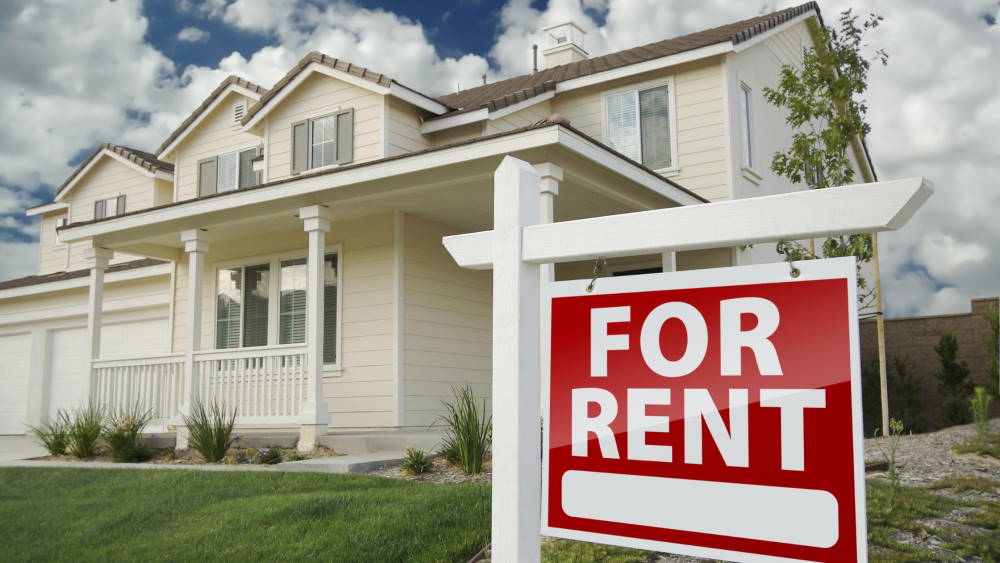There are many ways to invest in real estate, and one of the more common is buying a rental property. Recent research has indicated that as many as 27% of all Americans are renters and the share of the population now renting single-family homes has reached over 40%. Demand for rental real estate has been growing non-stop, and there are plenty of advantages to look forward to if you choose to invest in it.
Owning an asset like an investment property is a financial strategy that can produce consistent and considerable passive income without the high barrier of entry that strategies like house flipping can have. Many less experienced investors choose to invest in rental homes due to the security on offer and the more passive approach to earning income. Rental real estate is less intimidating than house flipping or other types of real estate investment but still holds enough payoff to be of interest.
There are several benefits to becoming a rental investor, but the biggest incentive by far is achieving financial independence. Property investors often acquire more than one investment property throughout the course of their careers, with the ultimate goal of being able to create retirement income that can last indefinitely.
If this is a goal that you share, you’ve come to the right place. Keep reading for the ultimate guide to living off rental income:
Table of Contents
Benefits Of Owning Rental Real Estate

There are numerous advantages to owning a rental unit, with the most obvious benefit being that you can generate relatively passive income. It’s possible to become a full-time rental investor and build wealth by having one or more tenants. While this type of real estate investment is less passive than many expect, it’s possible to take on multiple properties and have a property manager oversee the running of them all. This approach can relieve you of the landlord duties.
Beyond earning consistent and monthly income, there is also the benefit of long-term security and tax savings. Many of the expenses associated with owning a rental property are tax-deductible, leading to higher savings. These deductions highly depend on the type of rental property the investor owns.
There are multiple types of rental properties , with residential rental homes being the most accessible and inexpensive to less experienced investors. This is because, with residential rentals, the investor needs less capital upfront and has more financing options. Investors of commercial properties, for example, can be limited as not all lenders have commercial financing options. With residential real estate, this is rarely ever a problem.
Owning a rental property leads to a positive cash flow that covers the investor’s expenses and increases over time. By holding the property for a set amount of time the investor will also experience the benefit of property appreciation. This is important should they ever decide to sell the house in the future and will ensure a good profit.
On the flip side, achieving positive cash flow can take some time to achieve. Not all investors become wealthy, and there are many that leave the game early. For an investor to become successful following a buy and hold approach, they need to have the patience and drive to see it through to the end.
Handling Income And Expenses

If you’re looking to invest in a rental property, you’ll need to know what to expect in terms of expenses and plan the income you want to get around it.
The first step to living off of rental income is knowing how much income you need to live your life as you are accustomed to. Do some math, and get to a figure you feel will allow you to live comfortably without supplemental funds like a full-time salary for a full year. In fact, you can use your salary as a base number to work off of. Divide that income by twelve and you will have an idea of what your monthly rental price will need to be if you want it to sustain you financially with some room left for profits.
It’s important to note that part of calculating the income you’ll need will be to estimate the costs you will be responsible for. There are set expenses that investors are responsible for and these expenses will impact your pricing. These expenses can include loan repayments, property taxes, maintenance costs, and other common expenses you’ll need to account for in your budget.
There is also another way that these expenses will impact your income, and that’s by affecting your pricing. For example, if the property investment is in an area where most people own their houses outright and you have loan payments to cover, you’ll have less pricing flexibility when compared to others in the area. The news isn’t all bad though – in some locations that are more sought after, you can set a higher price per month and make additional profits. That’s why doing thorough research into the markets that you are planning to invest in is so essential.
Important Considerations

We mentioned earlier that not all investors become wealthy or are successful in this method of investing. This is because there are several important factors that go into being a successful investor, and this method is not quite as passive as you have been led to believe. Being a rental property owner requires more work than many expect; this type of real estate investing still requires active input from the investor, especially if no property manager is involved.
In this case, the investor will need to prepare the property, vet tenants, create contracts, do maintenance, and other routine tasks that are par for the course. Because there is a lot of work involved in finding, buying, and renting out properties, many prospective investors end up selling their rental homes sooner rather than later.
While owning a rental property brings in passive income, there are always risks to contend with as well. A tenant may have a complaint that turns into a legal issue for example, and it’s important for a investor to limit their liability. This is commonly done by structuring the investments legally as an LLC, single proprietorship, or business entity that separates the investor’s personal assets from those owned by their business. It also pays to ensure you have done your due diligence on a property prior to purchasing it. This means that property inspections have been conducted, expenses accounted for and everything has checked out.
Other risks that investors can come across are related to the rental market. If you select a property that is in an area with low rental demand, or you overprice it significantly, you will struggle to find long-term tenants. This leads to negative cash flow as you remain liable for your monthly costs, and is an outcome you want to avoid if possible.
As a rental property owner, part of your responsibilities will be to study up on the local renters’ rights and ensure you understand all of the legal frameworks that will have input on how you operate it. For example, some zoning ordinances or homeowners association rules specifically do not allow for rental properties.
Newer investors typically purchase rental homes in their own cities or states due to the convenience and prior knowledge they have of the area. Depending on the local market, this may not be the best choice and higher ROI rentals may be found elsewhere. If you’re located in a metro area where the purchase price is twice the national average, you won’t get the rental property income that you could if you decided to invest in a different state with a better performing rental market.
Cash Flow Is The Key To Building Your Rental Property Portfolio
There are number of investors that choose a buy-and-hold strategy with the express intention of selling the property later down the line. In this case, you don’t necessarily need the property to be cash flow positive from the outset, because the underlying goal is to achieve a massive capital gain when the property is sold.
However, if your intention is to live off the rental income, you need to ensure that the properties are cash flow positive from the outset. The reason for this actually quite simple. If the rental income covers all the expenses associated with the property, it will make it much easier for you to add another home to your property portfolio in future. It means that the property will be contributing to your monthly income rather than acting as an anchor preventing additional home purchases.
On this point, it’s also worth mentioning that each cash flow positive property added to your portfolio will also make it easier to secure financing for your next deal. Your existing properties can act as a form of security for the mortgage lender, while the additional cash flow should improve your credit score. Both of these attributes should give you room to negotiate a lower interest rate for the monthly mortgage payment.
Where To Invest For Maximum ROI

This brings up a major question for potential investors. How do you choose a rental property that will bring in the highest returns? And if it’s not in your state, how are you going to manage it?
As mentioned above, if you live in a city where property values are high, it may not be the best location for a rental property that you can pick up for less. It is easier to manage a property that is nearby, but in reality, you can invest in any market around the country. The key to this approach is having a good property manager on your side and doing thorough research. There are many factors that make for good rental markets and it’s important to find the areas where these factors are present. Fixer-uppers are one option that will be less expensive, but not all of the properties in this category will bring in good returns even if renovated.
You should spend some time taking a high-level view at national rental markets that have been heating up but still have properties that fall in your price range. Look out for markets where demand for rental homes is high and vacancy rates are low. Another strong indicator of a good rental market is stable job markets and economic expansion. If you’re unsure of which neighborhoods in the state you’ve chosen fulfill those requirements, try contacting a local realtor that specializes in rental properties. With their help and some research of your own, you can easily locate a home with good rental potential.
From there, your next step is to find a suitable property management company in the area and choose a manager that you are comfortable with. This is a serious decision that you should consider carefully, considering that you won’t see the property in person often. You need to vet the potential candidates thoroughly and ensure the manager you choose is trustworthy and has plenty of prior reviews.
Investing in a rental property is a sound investment strategy that can lead to more than just financial independence, but financial comfort too. With some time and effort, it’s possible to live off of rental income alone which frees up the investor to pursue other interests as they are no longer bound by having to work full-time. Not all rental property owners are successful, and it’s key to consider all of the factors that will play a part before deciding to jump in, but this is a great wealth-building strategy with a lot of potential for growth.
For those that are willing to put in the work, this method of investment can lead to a high ROI. Lastly, to get a more accurate understanding how much money you can make with each property investment, take a look at our rental property calculator. It work out the cash on cash return and the net operating income for the full life cycle of the property while it is in your ownership.



